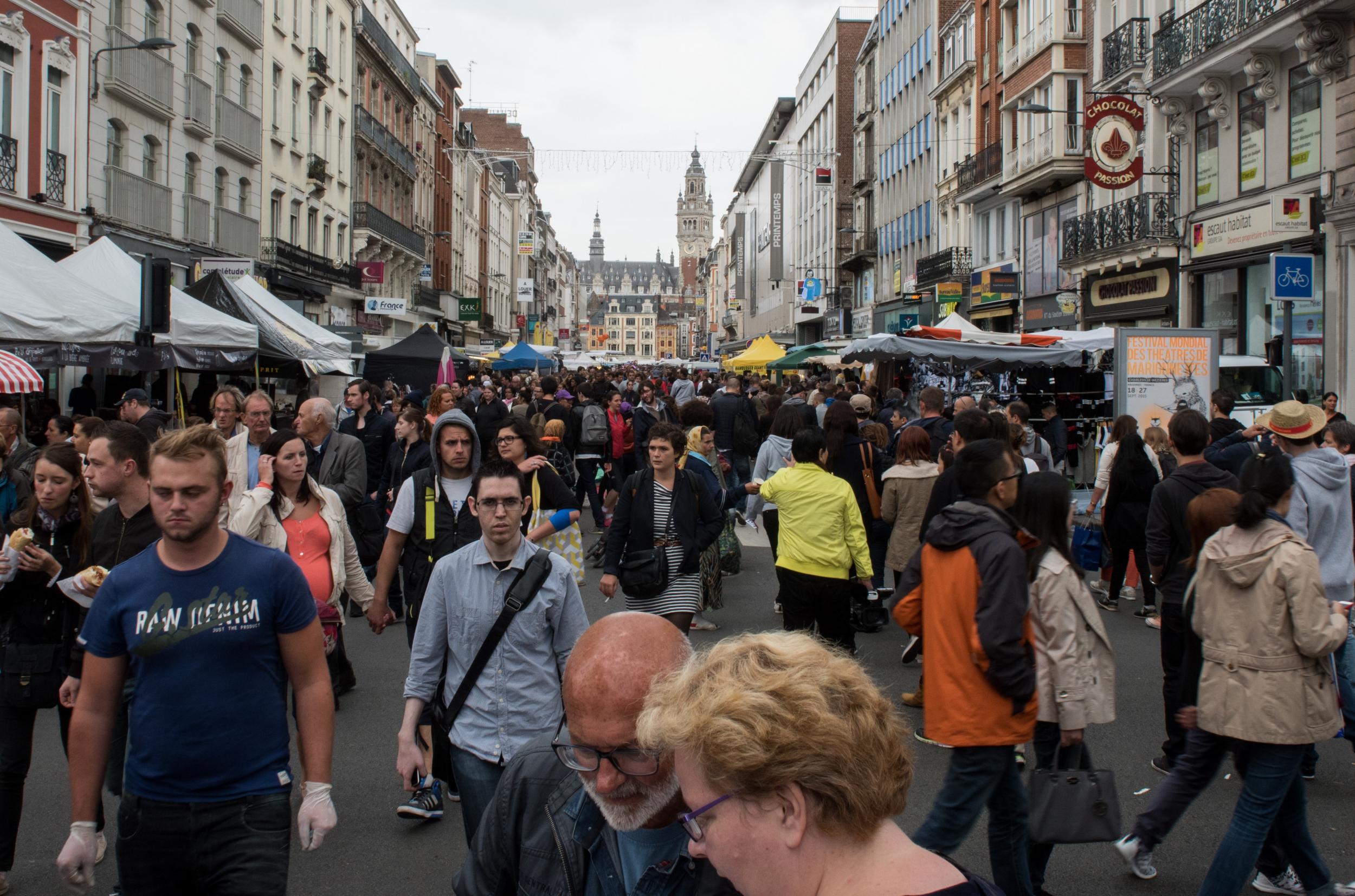Lille braderie: Biggest flea market in Europe cancelled amid security fears
The city mayor made the announcement

Your support helps us to tell the story
From reproductive rights to climate change to Big Tech, The Independent is on the ground when the story is developing. Whether it's investigating the financials of Elon Musk's pro-Trump PAC or producing our latest documentary, 'The A Word', which shines a light on the American women fighting for reproductive rights, we know how important it is to parse out the facts from the messaging.
At such a critical moment in US history, we need reporters on the ground. Your donation allows us to keep sending journalists to speak to both sides of the story.
The Independent is trusted by Americans across the entire political spectrum. And unlike many other quality news outlets, we choose not to lock Americans out of our reporting and analysis with paywalls. We believe quality journalism should be available to everyone, paid for by those who can afford it.
Your support makes all the difference.The French city of Lille has cancelled La Braderie - the largest flea market in Europe, amid security concerns.
The huge annual event, which takes place on the first Sunday of September, will no longer go ahead due to fears it would be a terrorist target.
Making the announcement at a press conference, the city mayor Martine Aubry appeared emotional as said the "were risks we cannot reduce. Therefore I think we must cancel the 2016 flea market."
The event attracted nearly 2.5 million visitors in 2015.
It features more than 100 km of stalls and hosts 10,000 exhibitors.
The move follows the Nice terrorist attack which killed 84 people during Bastille Day celebrations on 14 July, and the murder of an elderly priest who had his throat slit by knife-wielding men who had pledged allegiance to Isis less than two weeks later.
Earlier this week Defence Minister Jean-Yves Le Drian said there was a serious threat to France.
"We are in a situation of war. So, for the moment, we have to forbid events if security norms cannot be respected," he said.
"Everyone has to understand that we are in this situation and that it brings constraints."
The last time the event was entirely cancelled was reportedly during the Second World War.
Ms Aubry said although it was a "painful decision, it was also a "moral responsibility".
Join our commenting forum
Join thought-provoking conversations, follow other Independent readers and see their replies
0Comments